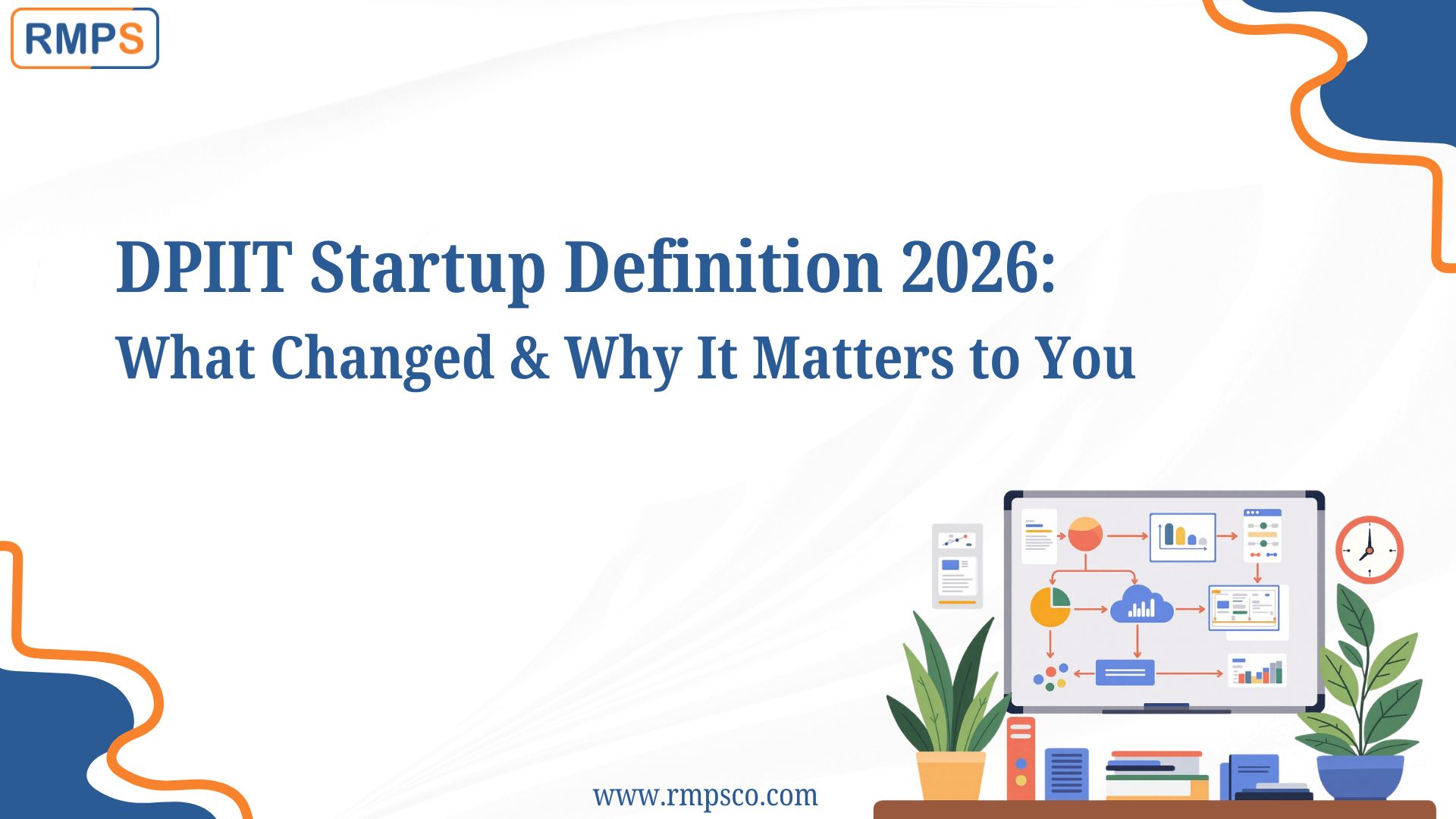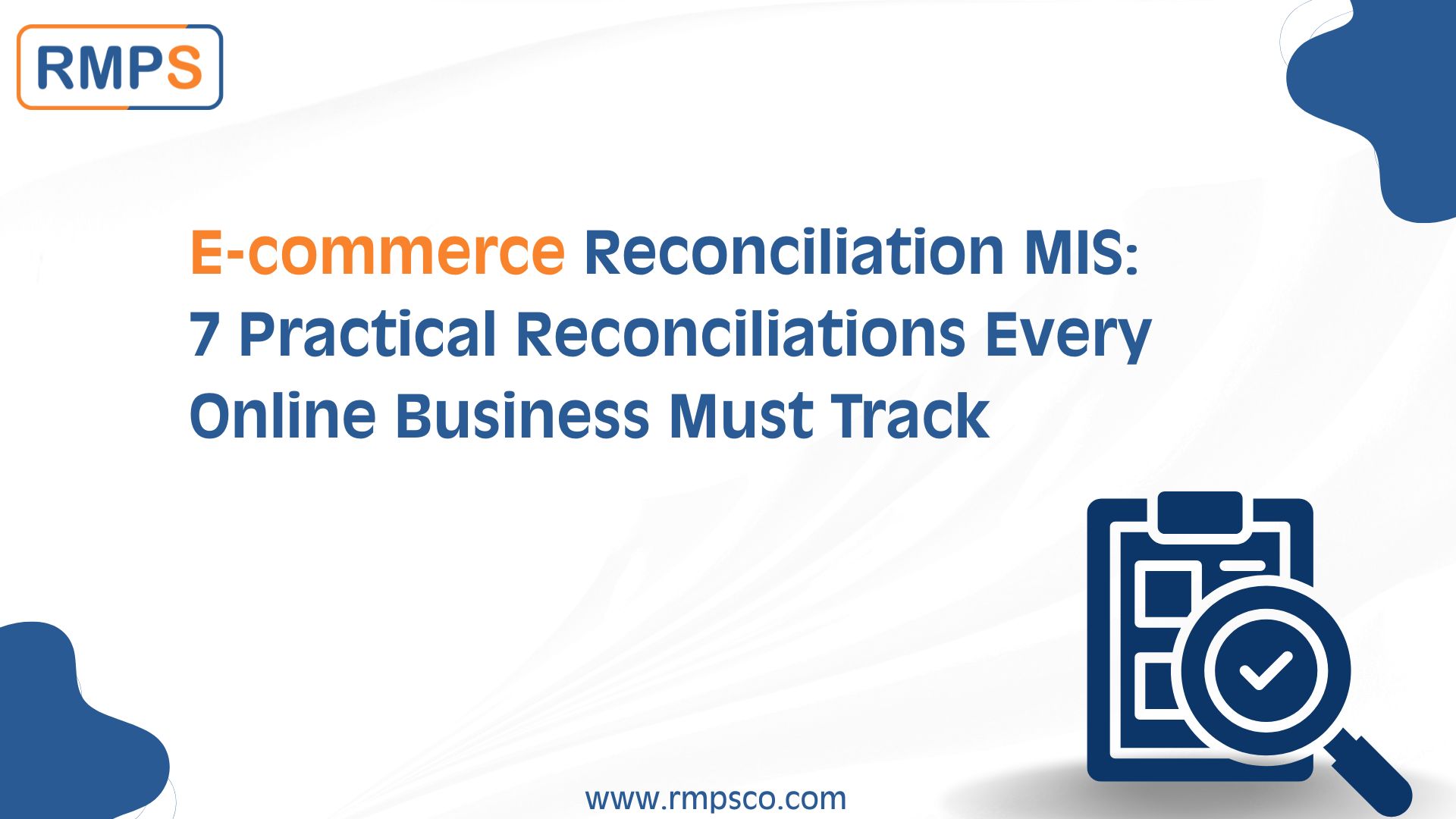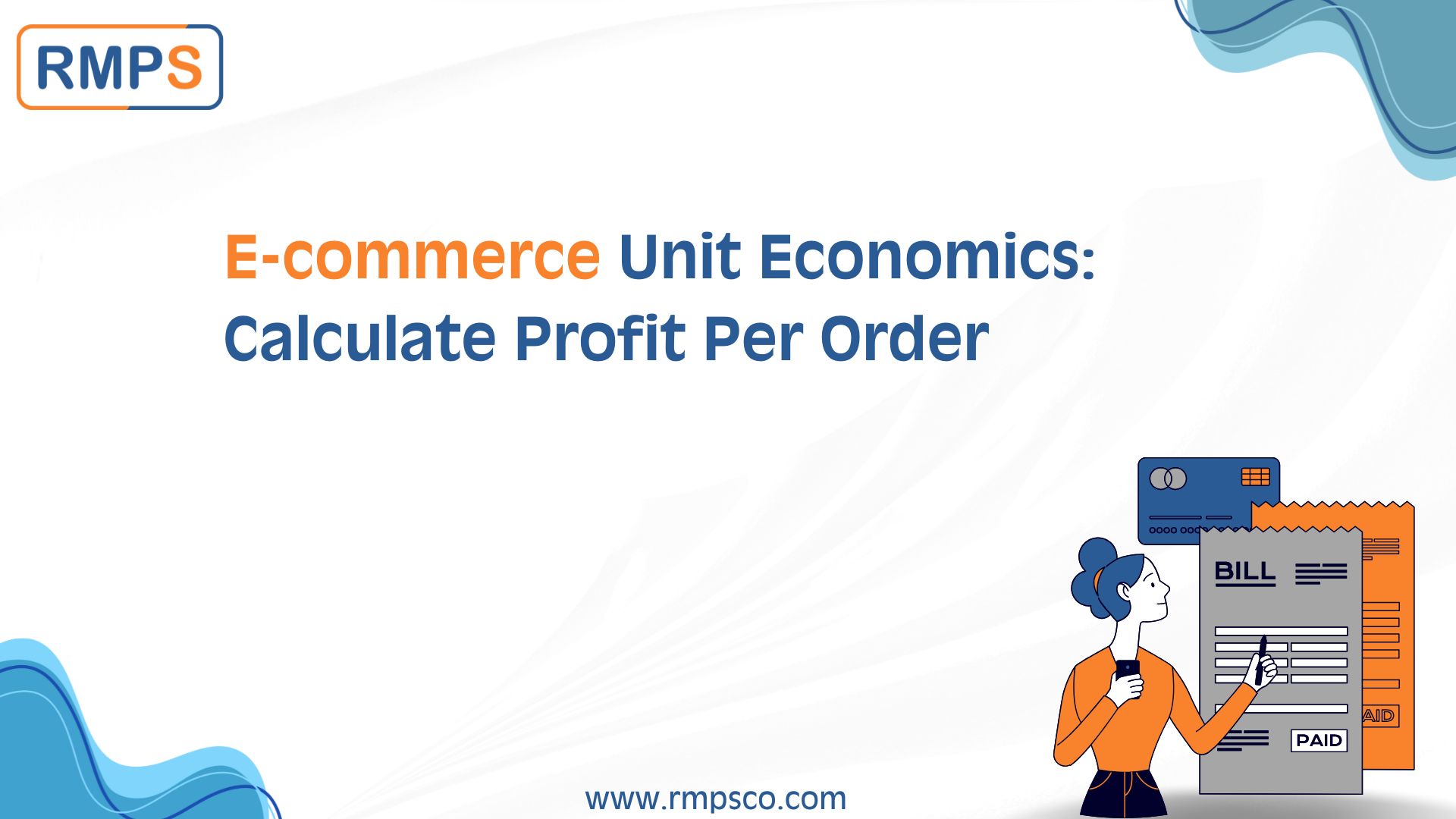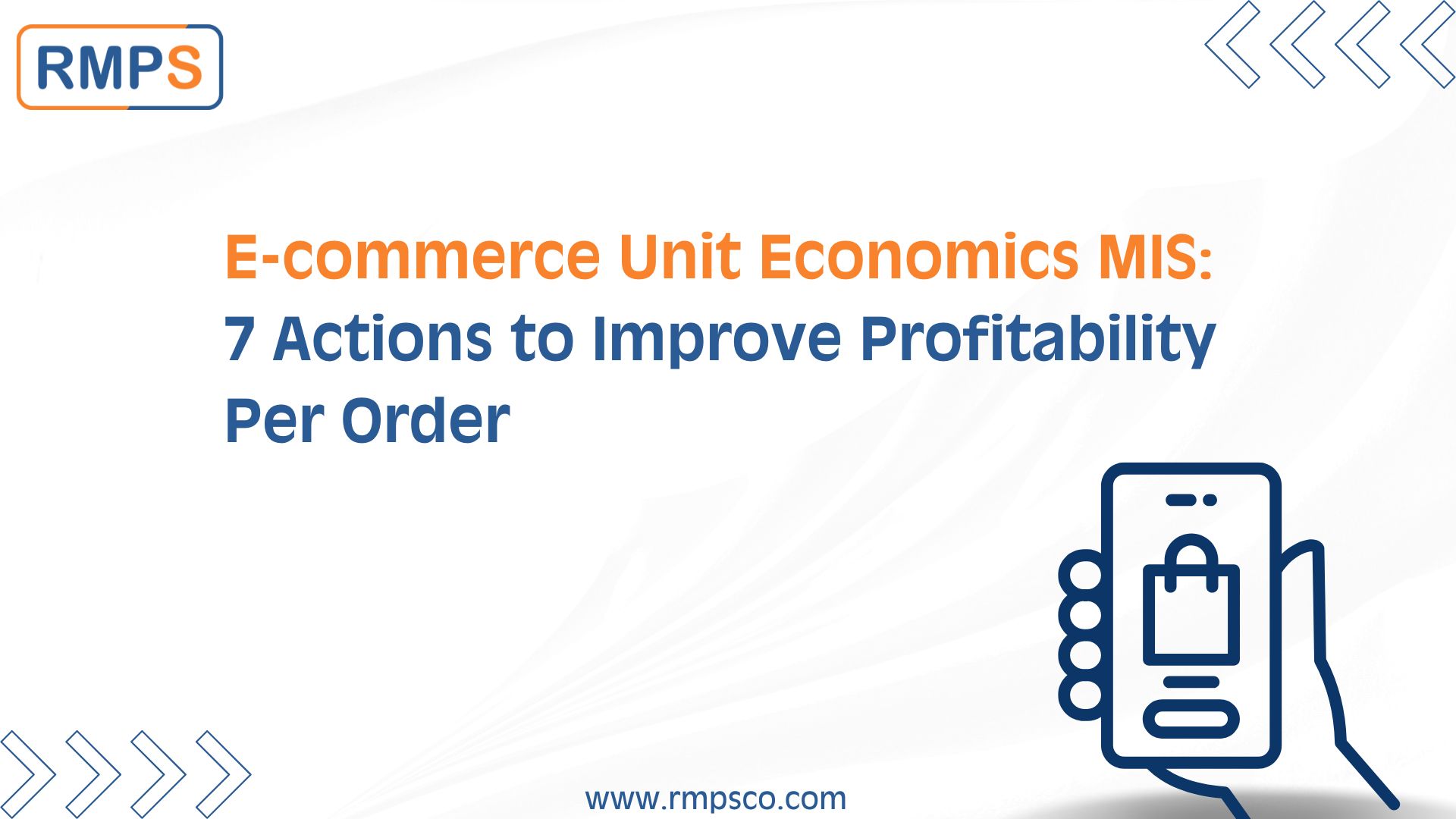DPIIT Startup Definition 2026 What Changed & Why It Matters to You
Notification G.S.R. 108(E) | Issued: 4 February 2026 | Replaces: 2019 Startup Definition Why This Update Exists The 2019 definition worked but it left room for ambiguity. Founders were unsure about turnover limits, eligible entity types, and what “innovation” actually meant in practice.The 2026 notification fixes that. It does not reinvent the wheel. It closes […]
The Power of Live Dashboards in Day-to-Day Business Decisions
Why Real-Time Visibility Is No Longer Optional. Most businesses still operate using monthly MIS reports, quarterly reviews, and year-end analysis. Tools are important, they help explain what has already happened. However, in 2026, business decisions can no longer rely only on historical data. The real advantage now lies in seeing what is happening today and […]
E-commerce Growth Awareness for Entrepreneurs
When an e-commerce business starts growing, it feels good. Orders increase. Sales numbers look healthier. The effort you put in earlier finally starts showing results. At that point, most entrepreneurs feel they’re on the right track and they usually are. But growth also changes the business in subtle ways. Things don’t break immediately. Instead, they […]
Why Market Research Is Important for Every Entrepreneur
Most entrepreneurs start with confidence. You believe in the idea, there’s a gap, and customers will come.That belief is important. Without it, no business starts. But belief alone doesn’t pay salaries, manage cash flow, or protect margins. At some point, optimism needs support. That support comes from market research.Market research is not about doubting yourself. […]
E-commerce Reconciliation MIS: 7 Practical Reconciliations Every Online Business Must Track
In e-commerce, you’ve probably noticed the same thing that many others experience:Sales look great on paper, but when it comes to cash in the bank, it doesn’t add up.Businesses struggle with delayed settlements, high returns, and accounting records that don’t match reality. You’ve done everything right – but things just aren’t matching. And it’s not […]
E-commerce Unit Economics: Calculate Profit Per Order
Most e-commerce founders track total sales and monthly profit. However, they rarely know the exact profit made on each single order. This gap creates a dangerous situation: scaling unprofitable orders only multiplies losses. E-commerce unit economics solves this problem by showing how much money one order actually generates after all costs. What E-commerce Unit Economics […]
E-commerce Unit Economics MIS: 7 Actions to Improve Profitability Per Order
In many e-commerce businesses, growth happens faster than improvement in profitability.Orders increase, but margins remain under pressure, cash cycles stretch, and founders struggle to understand why scale is not translating into financial comfort.This usually indicates that unit economics is being tracked, but not actively improved.A well-structured E-commerce Unit Economics MIS should not only report numbers.It […]
E-commerce Marketing MIS: How to Measure Real ROI from Ad Spend
E-commerce marketing MIS becomes essential when ad spend increases but financial clarity does not.Most E-commerce founders track clicks, conversions, and ROAS daily. On the surface, campaigns look successful. However, when the month ends, the bank balance often tells a different story.This gap exists because sales generated by ads are not the same as returns generated […]
E-commerce Pricing Strategy: How to Price Products Without Killing Cash Flow
E-commerce pricing strategy is one of the most misunderstood areas in online business.Many sellers focus only on matching competitors or running discounts, without checking what pricing is doing to cash and margins. At first, sales increase. Orders look healthy. Dashboards feel active.However, over time, cash pressure builds. Margins shrink. Discounts become routine. This blog explains […]
Product-Level Profitability in E-commerce: How to Decide What to Scale and What to Stop
Product-level profitability in e-commerce is one area most founders don’t look at closely until cash starts feeling tight.On the surface, everything looks fine.Orders are flowing. SKUs are moving. Dashboards show growth. Yet, when you check the bank balance, the numbers don’t feel right.That usually happens because not every product that sells is worth selling.Some products […]










